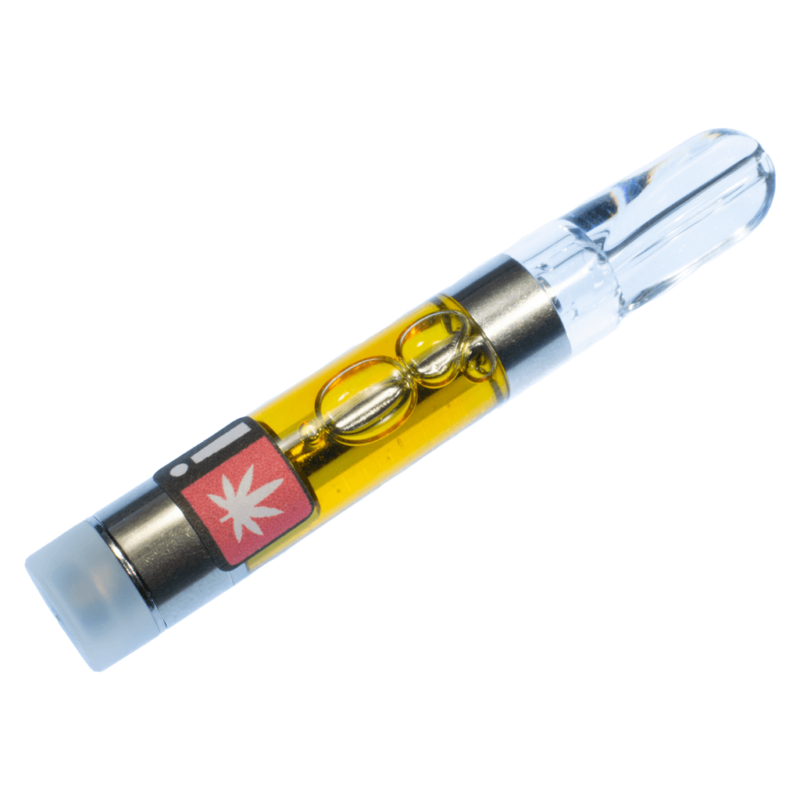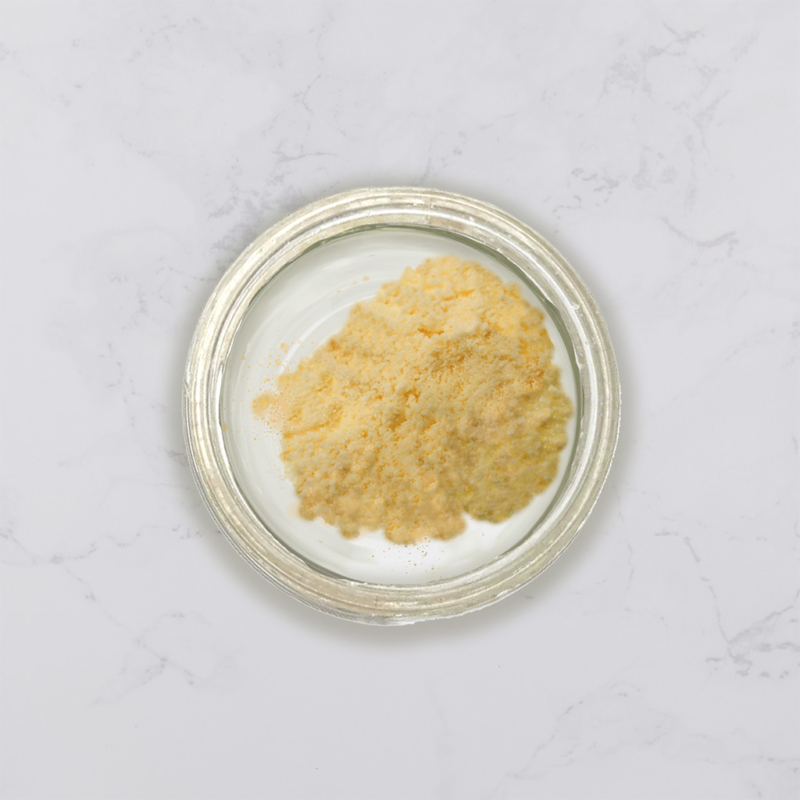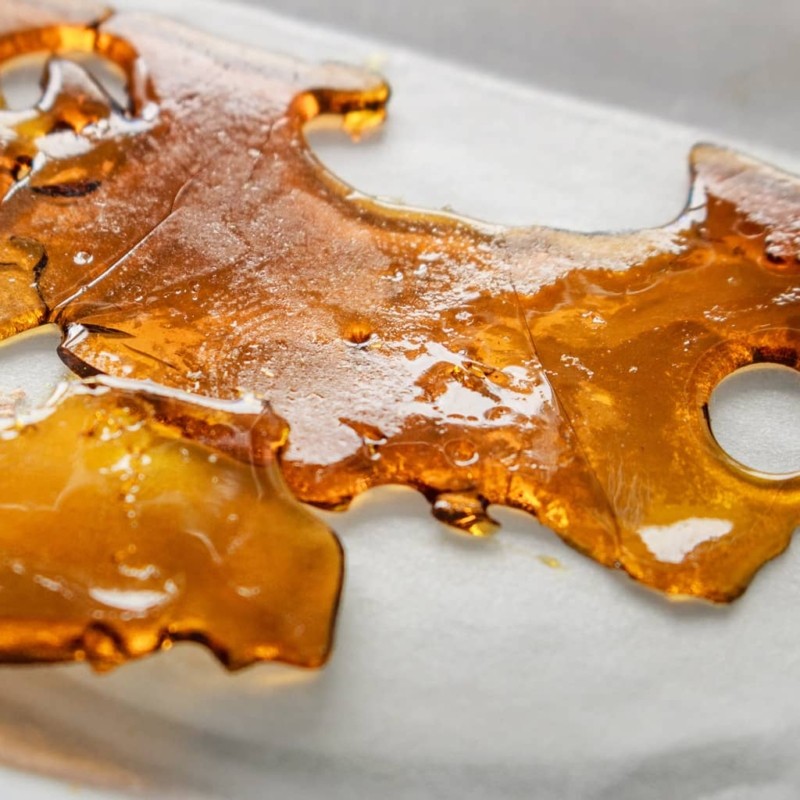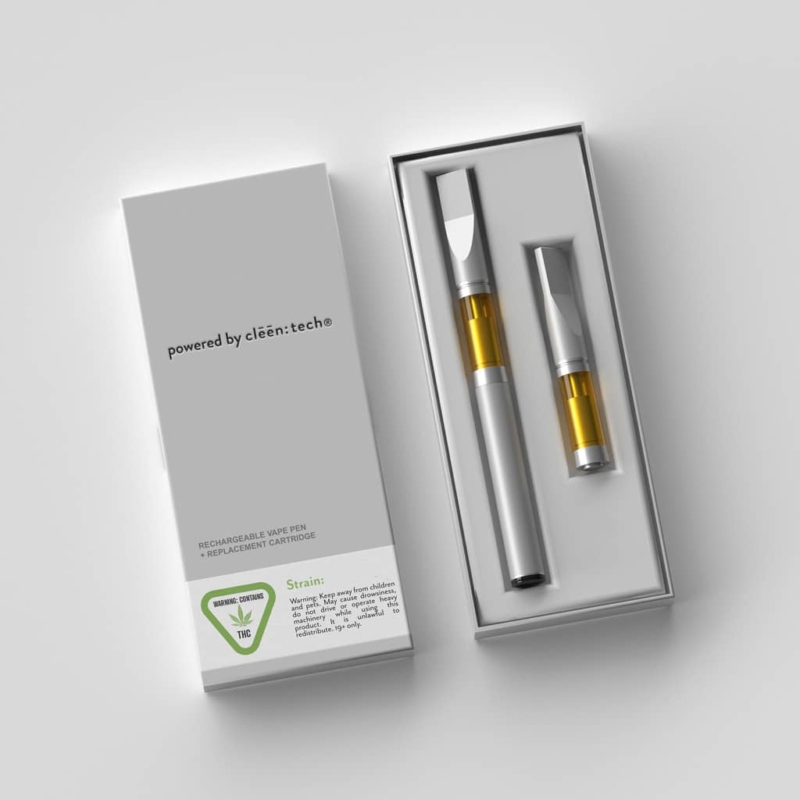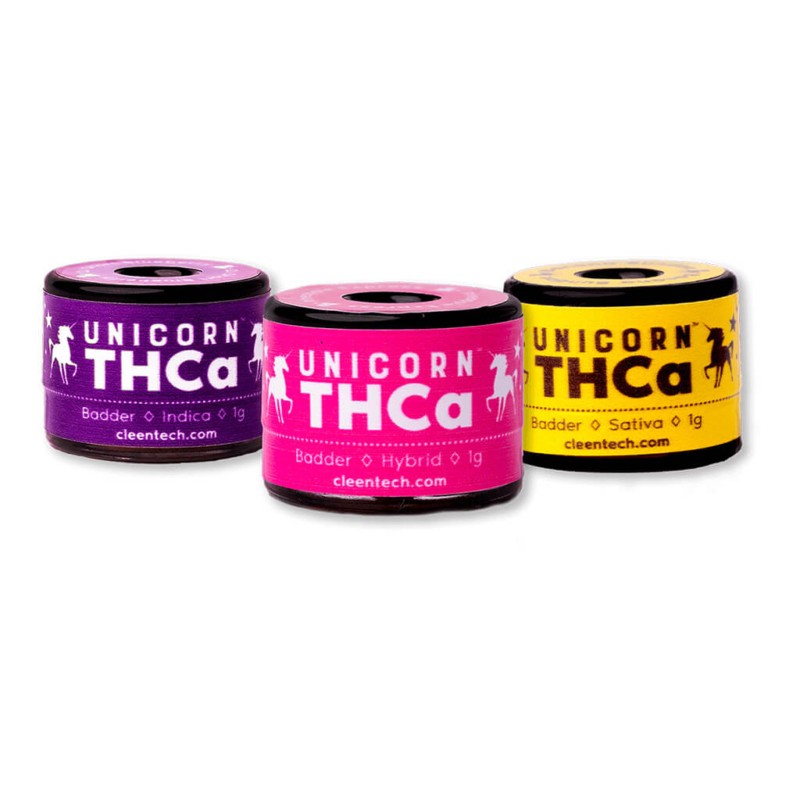Environmental Benefits of Hemp
Written by: Scott Sondles

The world desperately needs sustainable food, fiber, and medicine. There is arguably no other plant that can improve our health and heal the planet, like organic hemp. Hemp has the potential to provide us with an immense amount of natural capital while improving the air we breathe, the soil we farm, and the water we drink.
The environment has much to gain from the legal cannabis and hemp industry. At clēēn:tech, we believe that a nation that embraces the health and environmental benefits of organic hemp will not only improve our environment but lower the cost of healthcare and promote healthier environments to live, work, and play within.
There is no other crop in the world that can be compared to hemp’s health and environmental benefits. Hemp’s most significant environmental benefit lies in the ability to replace industrial crops that are energy and pesticide-intensive. Every acre of hemp that replaces traditional industrial crops will become a win for the environment. One of the only negatives of farming hemp is that it looks like marijuana, but the low THC levels mean it isn’t a drug to be abused. There are several differences between hemp and marijuana. It may smell and look like marijuana, but it’s not marijuana.
Sustainability means different things to different companies and individuals. Still, when clēēn:tech talks about our sustainability, we’re referring to building products and offering services that do not harm the environment. We believe that conscious consumers are demanding change, and economic and environmental sustainability will become an essential part of increasing our standard of living and enhancing society’s productivity. We believe sustainable crops like hemp will become the backbone of America’s manufacturing resurgence and empower local entrepreneurs. Hemp isn’t just going to improve the sustainability of agriculture but will improve food, healthcare, pharmaceutical, manufacturing, technology, and energy production industries.
A legal American hemp industry will improve the quality of our air, soil, and our water resources. Hemp is one of the easiest crops to grow organically and should be encouraged in farming areas prone to farm runoff. All across the world, aquatic environments are being polluted with agrochemicals and embracing economic policies that promote clean crops such as organic hemp. clēēn:tech hopes to play a defining part in aligning the greater hemp and cannabis industries with the environmental movement. We support the worldwide legalization of hemp and believe policymakers, farmers, entrepreneurs, and investors need to get on board to promote hemp as an asset to sequester carbon and enhance the soil.
Experts agree that hemp can become a major cash crop that every government should look to to enhance our soils and reduce global CO2 production. Hemp fiber production has been reported to sequester more CO2 per acre than any other commodity crop and even out-compete forests. The question then becomes, what all should we do with the hemp fibers? Make textiles? Paper? Building material? Advanced materials? Windmill blades? Solar panels? The more value that we can create out of hemp fibers, the more value we will create for the environment. We believe that the future of hemp fibers will be in producing local plastics, composites, advanced materials, and insulation material that will be used by ‘green’ manufacturers and builders all across the world. Furthermore, hemp plants’ reliant nature will make it a significant asset as climate change threatens food production and water consumption.
Increasing demand for hemp cultivation will improve the environment, and the need for hemp is driven by three separate yet equally essential products (1) hemp CBD, (2) hemp seeds, and (3) hemp fiber. Hemp produces oil that’s healthier than coconut oil, a more durable fiber than cotton, and flowers that smell like diesel fuel.
Hemp CBD: CBD falls under the cannabinoid family. We’ve all heard of it, many of us are taking it, and CBD has rapidly become the hottest ingredient in luxury consumer packaged goods, functional foods, and personal care products. CBD is a super antioxidant that is getting most of the attention now, but hemp seed and fiber cultivation could have a more significant environmental and economic impact.
Hemp Seeds: Provide the perfect balance of omega fatty acids and 10 grams of protein for every serving. Hemp seed demand is also being driven by the increase in demand for hemp oil for personal care products. Hemp seeds are an environmentally friendly and vegetarian protein source that the world needs to capitalize on. Keep in mind that Hemp oil and CBD oil are not the same, and have a few key differences.
Hemp Fiber: For the hemp industry to significantly impact the environment, it will need to develop the infrastructure to process hemp fiber and produce value-adding raw materials. Hemp fiber has the potential to reduce deforestation and become one of the world’s most important renewable resources. Paper, textiles, and construction material can all be made more sustainable using industrial hemp as a feedstock.
Organic hemp farming will directly impact the way we farm, but it will also affect how we manufacture and even build. Industries, including agriculture, energy production, manufacturing, and construction are the most prominent industries to be impacted by the hemp industry. If hemp cultivation is produced on a large scale, it will provide sustainable raw materials that will potentially revolutionize a wide variety of products and industries. To mitigate the environmental and sustainability crises that face the globe, we need a collaborative effort that champions clean crops like industrial hemp. By encouraging investment in hemp infrastructure, governments can create sustainable jobs while enhancing the farming community’s local sustainability. One could argue that hemp is a serious national security issue for sustainable food, fiber, and medicine.
Agriculture: When studying the environmental impact that hemp will have on agriculture, we need to understand the environmental benefits of growing hemp, but we also need to understand the environmental benefits of replacing conventional crops such as cotton, corn, and soybeans. Farming takes a tremendous amount of nutrients out of the soil, and our current farming paradigm has relied heavily on subsidized commodity crop production and artificial inputs that are unsustainable. From an agricultural standpoint, there may be no better asset to absorbing improving soil and sequester CO2 than widespread hemp cultivation. Researchers have estimated that 5-10 tons of CO2 is sequestered per acre. These estimates are verified by calculations of total weight of biomass and previous analysis of the hemp plant’s carbon content. Other hemp associations have estimated that one ton of hemp fiber could sequester as much as 1.63 tons of CO2.
Hemp is arguably one of the most efficient crops a farmer could cultivate, and farmers will even see an increase in yield for the following crop. Hemp is a sustainable source of fiber, food, and a wide variety of plant chemicals and compounds. Hemp requires very little water once it has established itself and is tailor-made to improve upon a healthy crop rotation and enhance soil quality. Compared to traditional crops, farmers could make more profit growing hemp and eliminate the need to apply fertilizers, pesticides, and agrochemicals that cause serious environmental problems for aquatic life and our entire food chain. Hemp should be viewed as an asset for increasing natural capital, increasing biodiversity, improving habitat, and creating more ethical supply chains.
Energy Production: Hemp sails propelled European pilgrims to the New World, and hemp fibers have the potential to move us toward clean energy. Developing clean and affordable energy is one of the biggest problems of the 21st century and hemp fibers will play a vital role in how we build a more sustainable energy grid. Hemp fibers can be used to:
- Produce advanced energy materials such as graphene
- Build future batteries, solar panels, and wind turbines
- Create energy directly via combustion
- Improve our buildings’ energy efficiency in the insulation industry
Manufacturing: Henry Ford had a vision that all the raw materials for his cars could be made in the farm field and this vision needs to become the focal point of sustainable manufacturing and circular economies. Hemp is one of the few crops that can provide the raw materials to effectively replace products made from petrochemicals or less sustainable crops such as cotton and corn. Hemp fibers can strengthen and reduce the weight of plastics and composites while minimizing synthetic materials. Hemp is one of the most sustainable renewable fibers globally and will become a catalyst for local manufacturing.
Construction: When studying the environmental impacts of the construction industry, we must look at the raw materials utilized, but we also must examine the energy efficiency of the buildings and structures that we design. It is estimated that roughly 40% of the global energy is consumed by the buildings that we design, and the road to sustainability starts at the design stage. Rethinking how we design and construct buildings have the biggest potential to mitigate climate change and the amount of carbon dioxide that is released into the air. Researchers, manufacturers, and builders have already used and studied hemp fiber to build sustainable building materials, and it turns out hempcrete and other hemp-based products can sequester carbon and can be used to produce some of the most energy-efficient dwellings known to man. Hemp’s biggest opportunity in the construction industry is as insulation material and hempcrete.
It’s A Wrap: There is arguably no other crop that can provide so much value to our economy and our environment. The environmental impact that hemp will have will be huge, and all we are missing is local processing and manufacturing infrastructure. clēēn:tech is poised to empower more farmers to get into the hemp cultivation business.
We are inspired by those that have come before us and believe that cannabis, hemp, and environmental movements have the opportunity to shift the way we think about sustainable economies. Now that you understand the environmental benefits of hemp, discover more about help farming and help cultivation here at clēēn:tech.



